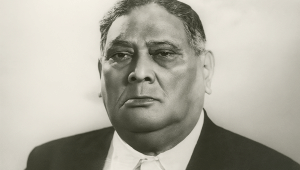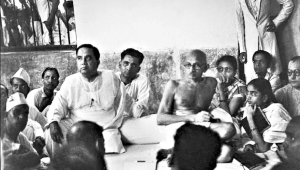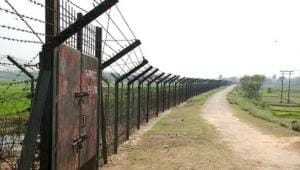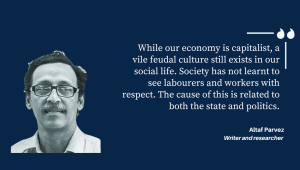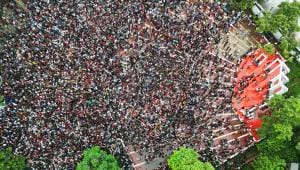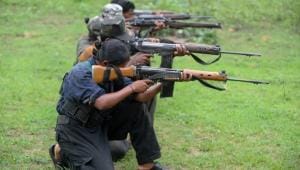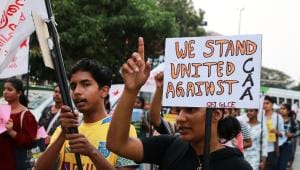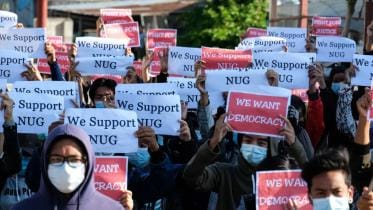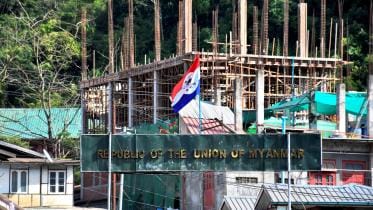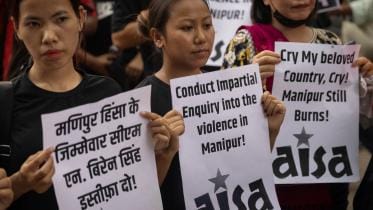Sher-e-Bangla and his political rivals
The most aggressive efforts to sideline him and remove him from the Chief Minister's office came from Suhrawardy.
25 October 2025, 18:00 PM
Faultlines of freedom: The complex ties of Jinnah, Suhrawardy and Gandhi
Suhrawardy’s popularity, unlike Jinnah’s, was rooted primarily in the regional sphere, though he enjoyed a strong base of mass support. Jinnah’s emergence as the architect of Pakistan owed considerably to Suhrawardy’s efforts, yet Suhrawardy, in turn, received comparatively little support from Jinnah.
8 September 2025, 07:16 AM
Evolving Myanmar situation calls for a new Rohingya policy
Should Bangladesh rethink its Rohingya policy and strategy?
4 September 2025, 02:00 AM
India, Myanmar, and the weight of regional instability on Bangladesh
Situation across our borders is reason for concern.
15 May 2025, 02:00 AM
‘Labour reforms must ensure a dignified life for workers’
Writer-researcher Altaf Parvez discusses the recommendations made by the Labour Reform Commission to improve the state of workers in the country, in a conversation with Monorom Polok of The Daily Star.
1 May 2025, 03:00 AM
How we go about the Bangla Spring now will define its future
Between “July 34-36”, Bangladesh saw the explosion of a united democratic desire among people of all classes and professions. The demand for democracy was the revolutionary desire then. Following on from that, establishing meaningful democracy is going to be the true revolutionary programme now. The world is now calling it the Bangla Spring—the spring whose graffiti has adorned the walls of Dhaka.
10 October 2024, 12:23 PM
How Maoism is still alive in India
Tagging anyone who is anti-establishment as “Urban Naxal” is the trend right now.
19 April 2024, 03:00 AM
10 FAQs about India's citizenship law
Even in Bangladesh, people are concerned about the CAA because of its perceived impact on the fate of Muslims.
28 March 2024, 14:00 PM
How are guerillas in Myanmar raising their funds?
Since Myanmar's guerrilla groups are not listed as “terrorist” organisations in Europe and the US, supporters are facing no problems in raising public funds
24 February 2024, 03:00 AM
Myanmar civil war deserves an intelligent response
Being concerned about the Myanmar conflict is understandable, but we cannot be fearful
17 February 2024, 00:00 AM
The road to a new Myanmar
Myanmar is facing a structural metamorphosis, putting its South and Southeast Asian neighbours on alert.
20 January 2024, 01:00 AM
Every country has its own Manipur
How much longer must the Nepalese in Bhutan, the Tamil in Sri Lanka, the Baloch in Pakistan or the ethnic minorities in India, Bangladesh, and Myanmar wait for their problems to be solved?
7 August 2023, 14:00 PM

